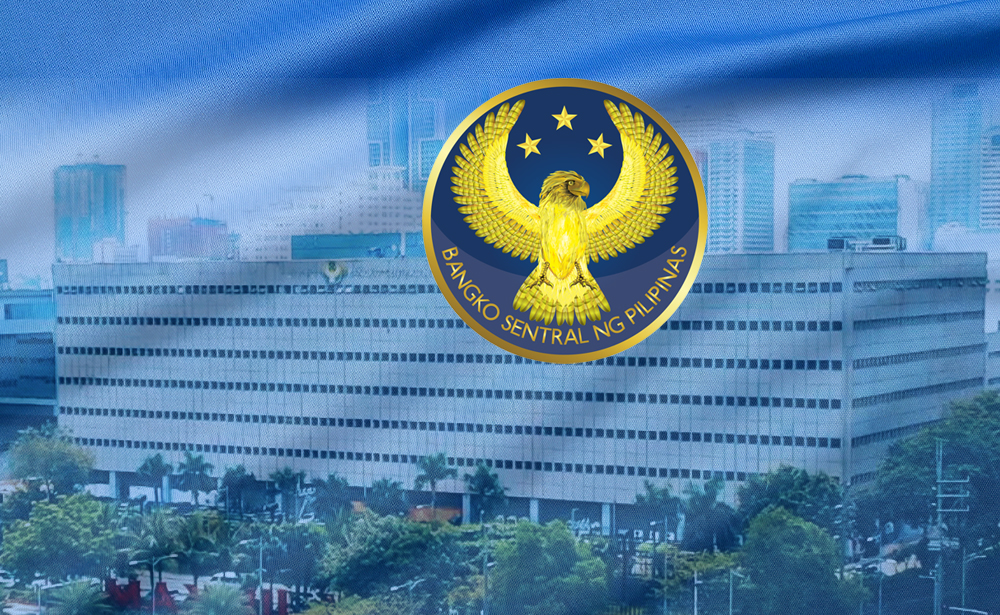The Bangko Sentral ng Pilipinas (BSP) has ordered banks and non-banks to limit cash-related transactions and payments to P500,000 a day to prevent the use of cash for illicit activities.
Based on amended regulation or Circular No. 1218 as approved on September 18 by the Monetary Board, all BSP-supervised financial institutions (BSFIs) will conduct due diligence on large value transactions to prevent money laundering (ML), terrorism financing (TF) and proliferation financing (PF).
BSP Governor Eli Remolona Jr. has flagged potential risks of dirty money activities from the cash transactions of banks and other BSFIs, based on the central bank’s latest assessment and surveillance monitoring.
“These disclosed the use and abuse of cash-based transactions to move illicit funds into and out of the financial system,” Remolona said in the circular released late Thursday. He signed the circular on September 18 after the Monetary Board approved it as Resolution No. 929.
Under the circular, cash-based transactions in the amount of P500,000, or its equivalent in foreign currency, must be traceable as checks, online fund transfers, direct credit to deposit accounts, or digital payments.
The limit may be on a single transaction or a series of transactions within one banking day.
After due diligence, banks and non-banks may still allow the larger payout if the customer can provide additional identification or proof of a legitimate business purpose or transaction.
Remolona emphasized that if a BSFI is unable to complete due diligence, it should file a suspicious transaction report (STR) when warranted.
The BSFI must also consider “alerts, red flags, and suspicious indicators, as well as typologies” by other government agencies when filing STRs.
Meanwhile, lower limits on large value cash transactions are allowed, based on BSFIs’ risk assessment and the customer’s financial profile, the BSP said on Friday in a separate statement.
The BSP said it “aims to strengthen measures against the use of cash for illegal activities, promote trust in the financial system, and ensure that it can respond to new risks.”
Amending regulation on large cash-related payments and transactions is just one of expected rule changes the BSP will implement in the wake of the many anomalous flood control-related projects and other suspected corrupt practices in government.




